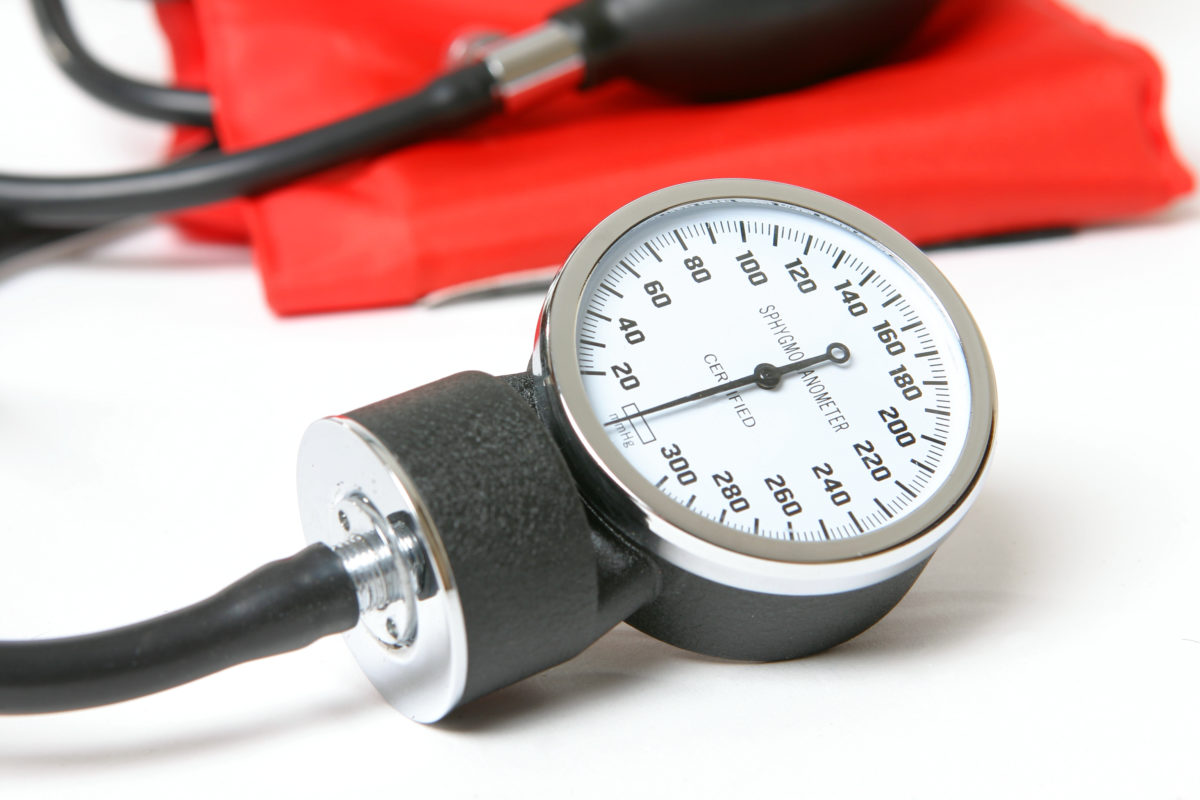High blood pressure is not good for your body. Chronic high blood pressure can lead to serious health conditions, including hypertensive heart disease. Hypertensive heart disease is the number one cause of death associated with high blood pressure. It’s important to monitor your blood pressure to ensure it’s in a healthy range, so you don’t run the risk of developing left ventricular hypertrophy, ischemic heart disease, or heart failure.
Unfortunately, many people don’t even realize they’re living with high blood pressure. It is often referred to as the “silent killer” because it has no obvious symptoms. High blood pressure usually develops slowly over time; it cannot be cured, but it can be managed through lifestyle changes and medication.
Although most people don’t experience symptoms with high blood pressure, some people do have episodes of shortness of breath, dizziness, blurred vision, and headaches. However, there has been debate regarding whether or not high blood pressure and headaches actually are related. Overall, there doesn’t appear to be an association between headaches and high blood pressure. Sometimes, extremely high blood pressure can lead to a headache, but it’s not easy to determine if less extreme cases do. Patients with headaches can develop high blood pressure due to the pain and stress of the headache, but in these cases the blood pressure usually returns to baseline levels after the headache goes away.
Pheochromocytomas, which are rare tumors, can cause headaches and high blood pressure. The headaches from this tumor are usually accompanied by palpitations, sweating and anxiety. These symptoms, and the high blood pressure, are due to the tumor producing hormones and biochemical substances.
Moderate (140s) and severe (160s) levels of high blood pressure are usually not associated with headaches, but a danger level (180s and above) can be.
There are several reasons why you can be experiencing headaches or high blood pressure, and you should not ignore any painful or worrisome symptoms. Make an appointment with your doctor to discuss and evaluate your symptoms.
If you suffer from heart valve disease and need surgery to correct a valve, it’s time to talk to a mitral heart valve surgeon about your options. Dr. Peter Mikhail is a heart valve surgeon who performs mitral valve surgery, TAVR and mini-AVR. To book a consult, click here or call 727-312-4844. He is based in New Port Richey, Florida, and treats patients in the Tampa and Clearwater areas.




